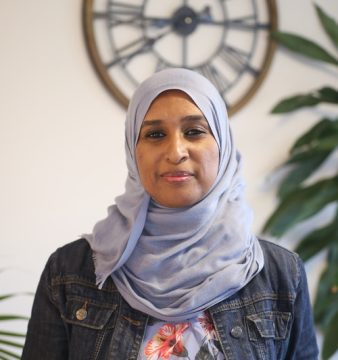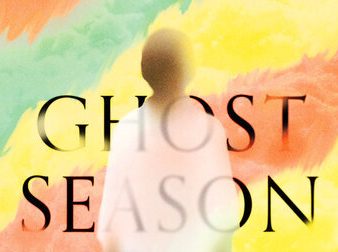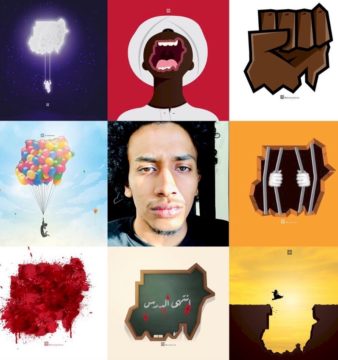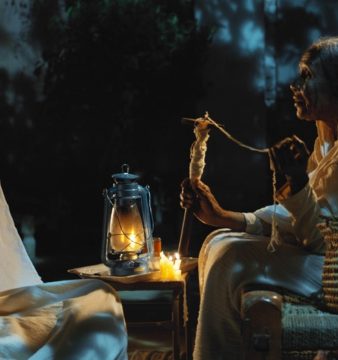Tahani Ajak: The Unknown Helping Hand of Sudan’s Refugee Camps
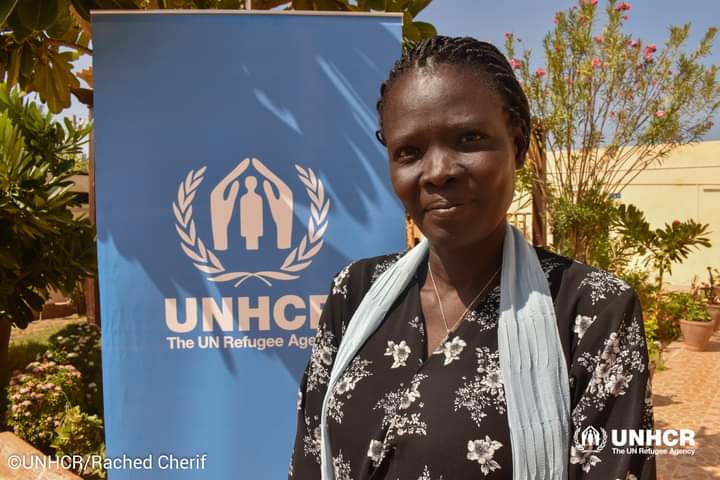
Displacement and searching for refuge is a worldwide issue, due the ongoing conflicts, natural disasters and bad governance. Millions of people around the world are fleeing their homes, looking for a better life elsewhere where they can feel safe and secure.
South Sudan has experienced a long history of ongoing conflicts from a long civil war with Sudan, which has led to its secession in 2011, to the current conflict between the government and opposition groups. As a result, millions of innocent people are paying the price where vulnerable families with women, children and elderly walk miles to find a place where they can call home. For many, the closest thing to home are refugee camps.
In South Sudan, there are many refugee camps, which are home to hundreds of thousands of people who need more than just shelter – food, water, healthcare, education and more. There are many helping hands, although not enough. One of these helping hands is that of 43-year-old volunteer and activist Tahani Ajak, who is devoted to advocating for refugee rights and providing her services at refugee camps in whatever way she can. She has published several articles in Arabic on what is happening inside the refugee camps of South Sudan.
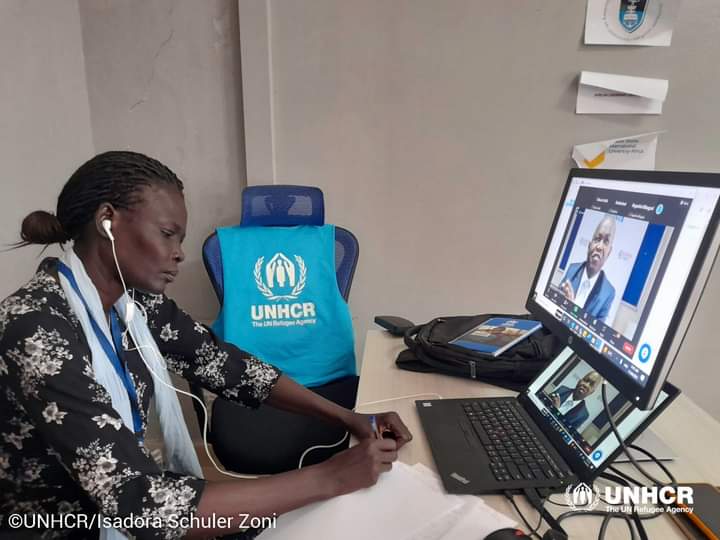
Born in Malakal city in Upper Nile state in South Sudan, Ajak spent her early childhood in Malakal. When conflict breakout in South Sudan, Ajak was already in her elementary school. ‘We were displaced to Khartoum, and then moved from city to city and from one school to another,’ she said. Ajak started her education in Sudan from Abuhashishes school in Buri to Omdurman School. Then she moved to Renk, South Sudan and finished her intermediate school in Addis Ababa girls school. She later returned to Sudan to study in Alkirmat high school in Al Gezeira state. She then found herself back in Khartoum pursuing a bachelor’s degree from the Faculty of Mechanical Engineering in Sudan University of Science and Technology.
After the independence of South Sudan in 2011, Ajak returned to Juba where she was started a new life, but things quickly changed when war in South Sudan abruptly started in 2013. Again, people escaped war in South Sudan to neighbouring Sudan. In 2016, Ajak returned to Renk, but moved between Sudan and South Sudan. In 2017, Ajak started to volunteer in the South Sudanese refugee camps based in Kosti in the White Nile state. The camps were established due the high numbers of people who crossed the Sudanese borders. ‘Voluntarily, I came to the refugee camps due the flame of conflict that again effected most of the cities in South Sudan and lead to displacement of thousands of people searching for security outside their homelands to neighbouring countries. I started to volunteer by distributing food rations to refugees. I also volunteered with Danish Red Cross giving psychosocial support to women and youth until 2021,’ she said. According to UNHCR, the number of the refugees inside the camps reached 1 million. However, the statistics have not been updated since the war in Sudan began.
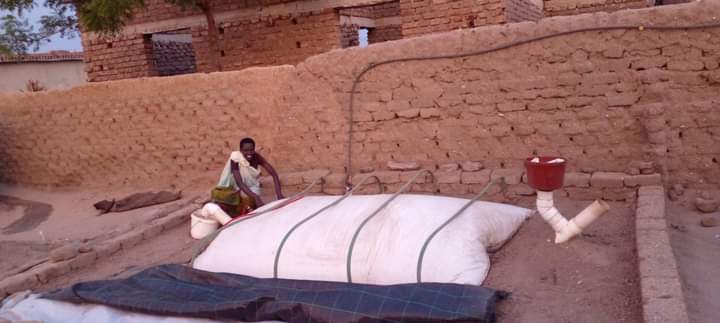
As a volunteer with UNCHR, Ajak mainly volunteers at Al Regis 2 camp where she teaches at the camp’s high school and manages women discussion groups. She also hosts Biogas Unite where she teaches refugees about biogas, its benefits and shares ideas on how to use it with materials available at the camp. Biogas is a renewable fuel that is produced when organic matter, such as food or animal waste, is broken down by microorganisms in the absence of oxygen. This process is called anaerobic digestion. For this to take place, the waste material needs to be enclosed in an environment where there is no oxygen.
‘Producing biogas from organic waste is a global technique. It has been implemented in several countries around the world to solve the issues of power and supply alternative options. It is safe, renewable, easy and available,’ said Ajak, who learned about biogas as a student at Sudan University of Science and Technology. ‘I joined a business incubator for renewable energy in Sudan University of Science and Technology to receive the training and gain experience in producing biogas that may help a lot in lifting some suffering of women by providing cooking gas, which will maintain their security, environment and help in building a sustained peace between them and the host community,’ she explained. In Ajak’s eyes, women are struggling to obtain fire wood, which is a necessity in their daily lives. To find enough wood, they have to walk for long distances. Most of the women are vulnerable – pregnant, nursing mothers, elderly and women with disabilities. Most of them sell their food rations to obtain cooking gas.
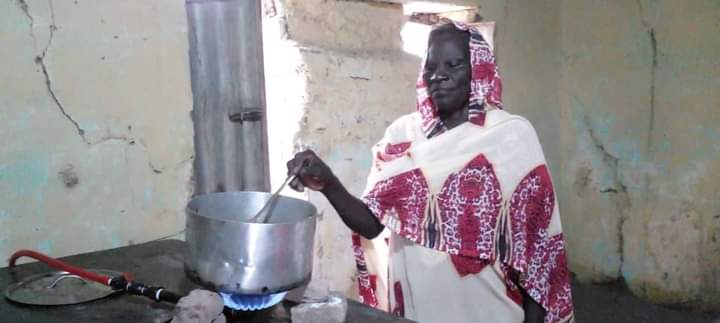
In addition, floods have begun to affect refugee camps since last year especially Al Redis 1 and 2 camps, which count as another challenge and a real threat to the safety of refugees. Ajak wishes her country adopts projects concerning renewable energy instead of depending on one source of energy, which will help face future challenges, and provide a decent life to the people of South Sudan.
Sustainable Energy for All Rapid Situation Assessment and Gap Analysis Report for 2013 Biogas technology was introduced in South Sudan in 2001 through a UNICEF/OLS-supported Biogas Pilot Project at the Rumbek Secondary School until 2013 no further change or development were made. Now, although the use of biogas has increased in many ways, most of the population are still using firewood and charcoal for cooking.
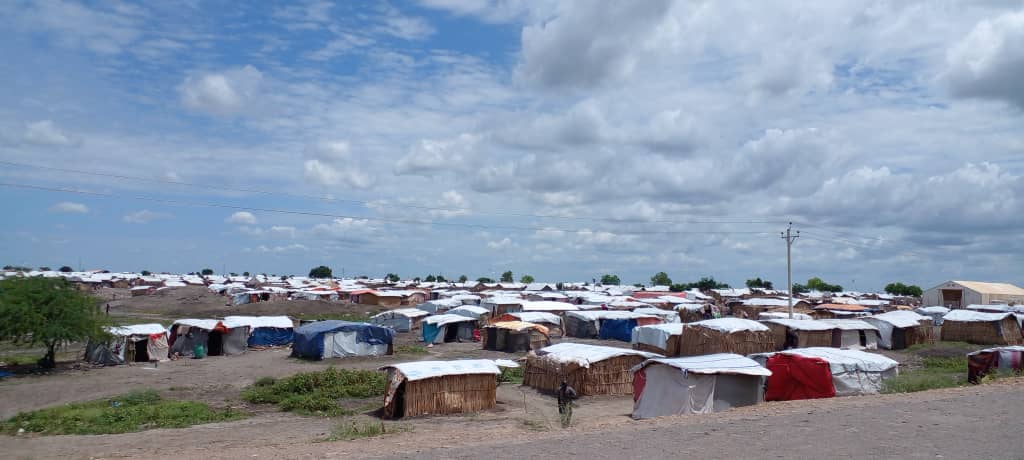
Ajak represented several camps in front of humanitarians actors, but it is not easy to be an activist inside the camps. ‘Activists inside the refugee camps are facing obstacles, which forbid their work and their access to the needy ones,’ she added. According to her, Sudanese authorities are one of the main challenges confronting activists inside the camps beside the lack of coordination between the refugees youth, the humanitarian organisations and the community stakeholders. ‘Information blackout and monopolisation by certain entities is also a problem for that information may help in reaching out to someone who is in need or reduce their suffering,’ she said. ‘The illiteracy among the refugees is also one of the reasons that makes them unaware of their rights and not knowing how to demand them, and also a lot of refugees work in far distance areas where they do farming or things. The thing that made it impossible for us to quickly reach them due any violations.’
‘Refugees are living fragile humanitarian situations due to the lack of services because of the war conditions in Sudan,’ said Ajak. She shares her worries about the ongoing war in Sudan, as is it affecting the situation of refugees inside the camps. The reverse migration of the people to South Sudan became intensive while most of who had nowhere to go stayed with their relatives in the camps. New camps have been initiated by UNCHR, but the number of refugees is still increasing, and food aid is no longer enough for their daily needs. Ajak is calling out to humanitarian actors to help save the situation before it turns into a greater disaster.
‘To see people living without suffering, see a smile on children’s faces, or the feeling of comfort that I had seen on the face of people before – all of these things encourage me to continue and put more effort into giving a hand, and help regardless of the simplicity of the result,’ said Ajak, who will continue to be a helping hand and give a voice to the voiceless in the refugee camps of South Sudan.
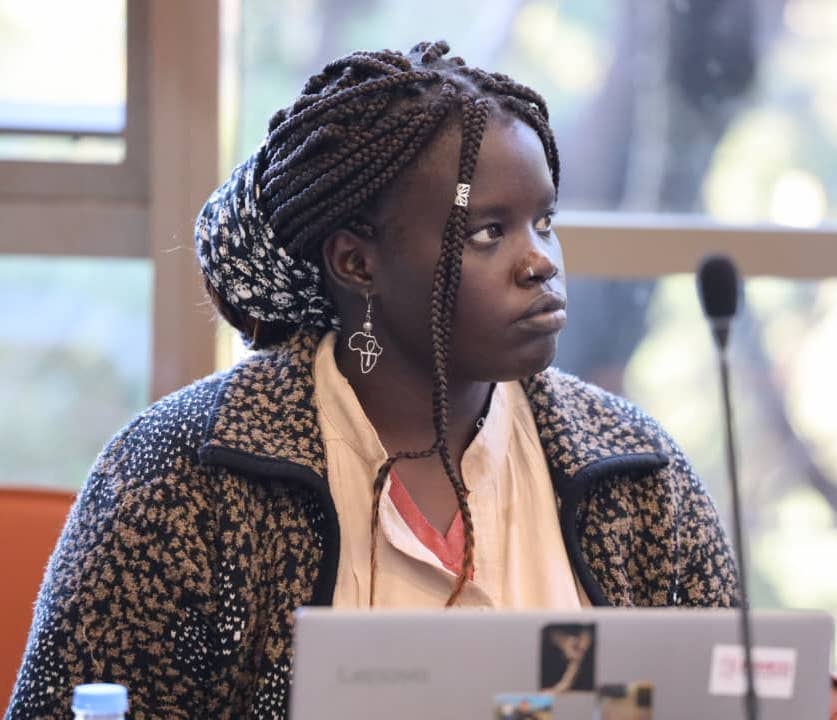
Dominica Amet Joseph Marco is a 26-year-old South Sudanese writer, freelance journalist and feminist/social activist who graduated from the faculty of law from the University of Bahri in 2018. She is one of many who had to flee war in Sudan to finally come and live in her homeland South Sudan. She has written and published articles, stories and poems since 2017. She has worked with and published articles in Aka’bar Alwatan Newspaper in Sudan, Almugif Newspaper in South Sudan, and several other Arabic websites.

